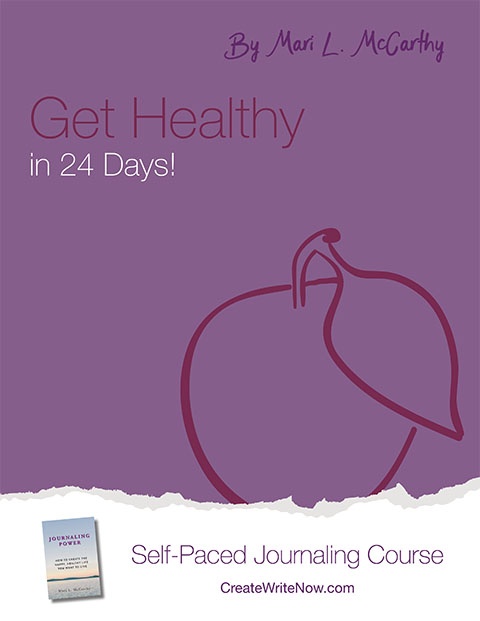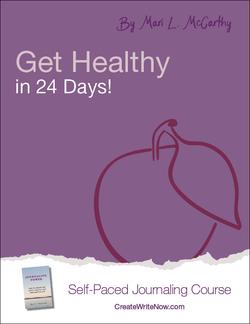By Tom Jager
 Many people have kept diaries when they were teenagers. They were a perfect way to confess struggles and fears, relieve stress, and battle depression. Another good thing about diaries is that regardless of what you wrote there, no one will ever punish or judge you. Of course, the world seemed easier and clearer during the teenage years, but what about now? Does anyone still write journals today?
Many people have kept diaries when they were teenagers. They were a perfect way to confess struggles and fears, relieve stress, and battle depression. Another good thing about diaries is that regardless of what you wrote there, no one will ever punish or judge you. Of course, the world seemed easier and clearer during the teenage years, but what about now? Does anyone still write journals today?
Not only journaling is one of the habits that many people have taken into the adulthood, they have become a widely accepted mental therapy method. One of the pioneers in this area, Dr. James Pennebaker from Texas, has first discovered that writing in a journal has benefits beyond psychological relief. He stated that functioning of immune system increased when participants of his studies used writing as a way of to obtain mental clarity.
Sounds interesting? Let’s review the benefits of writing a journal in this article.
Why Writing in Journal is Good for You
If you have ditched the journal after you left the school, you might rethink this decision. The concept still applies regardless of age, and nowadays we call this habit journaling. It involves expressive writing in a journal on a regular basis. According to Neil Thompson, working in a professional essay service for years allowed him to understand that there is no right or wrong thing to write about because the secret of this technique lies in the act of writing: the mind focuses on the process and “forgets” about the negativity and stress.
One of the most prominent benefits of emotional and expressive writing is the enhancement of the immune function. As it was mentioned previously, the very first studies in this area have shown that the act of writing triggered immune response, thus improving the overall defense of the system. Next, more benefits were discovered by more recent studies that found that writing in a journal was helpful in decreasing the severity of asthma and arthritis symptoms.
Expressive writing in a journal was even used to relieve the symptoms of cancer. A 2008 study published in the Journal of Pain and Symptom Management indicated that cancer patients who were asked to write at least 20 minutes once a week for three weeks experienced less pain than the control group.
For people who want to keep a journal to deal with overwhelming emotions they encounter in daily life, it could a great outlet for expressing themselves. As the result, journaling becomes a useful tool in managing mental health because it can:
- Deal with depression. Writing will get you in touch with your internal world and release the emotions that accumulated.
- Reduce anxiety. Writing is essentially letting go of the anxiety.
- Manage stress. Writing about stress helps to release the intensity of these feelings.
- Recognize triggers of negativity. By writing about the negative situations, you could analyze them to identify the factors that trigger negative emotions.
- Identify negative emotions. Write to get an in-depth analysis of emotions you experience.
- Track symptoms. Journaling helps to keep track of your emotions.
- Know yourself better. By keeping a journal, you will get to know what makes you angry and what makes you happy.
By identifying the stressors and other negative aspects that may be causing anxiety and depression, you can start to develop a plan to resolve the problems, and decrease the impact of stress once and for all.
How to Journal
Try the tips below to make sure that you gain all benefits:
- Write whenever you feel like writing. There should be no schedule for journaling because you need to let your words flow freely without worrying. Encourage yourself to write every day, even multiple times if you have to.
- Make it easy. If you want to make journaling a daily habit, it should be easily accessible to you. Keep a pen and the journal (it could be a notebook or a sheet of paper) with you at all times. They will not take a lot of space in your bag.
- Consider sharing the journal. Use this option if you think it is right because you do not have to share your feelings with anyone. However, if you feel like sharing the writings or some part of them with a friend, family member, or a psychologist, feel free to do so.
Begin Journaling Today!
Experienced psychologists say that the most effective expressive writing lasts 20 minutes. Begin when you feel is right, and do it freely. Try to write quickly, and it will free you from suffering and negative emotions you experience. To diversify your journal and make it more interesting, you can pick a theme for a particular day, or just write about what happened to you.
Eventually, you will decrease the impact the stress has on you and discover that your journal is your non-judgmental and all-accepting friend. Plus, you will improve your health!
`````
Tom Jager is professional blogger. He works at Awriter. He has degree in Law and English literature. Tom has written numerous articles/online journals. You can reach him on Facebook.
Want to improve your health? Our Get Healthy in 24 Days self-paced journaling course uses daily journaling exercises, tips, and encouragement to guide you to better health and begin a habit that will last a lifetime.



Leave Comment